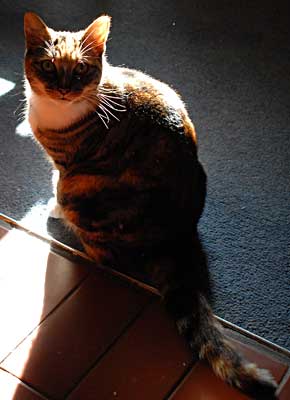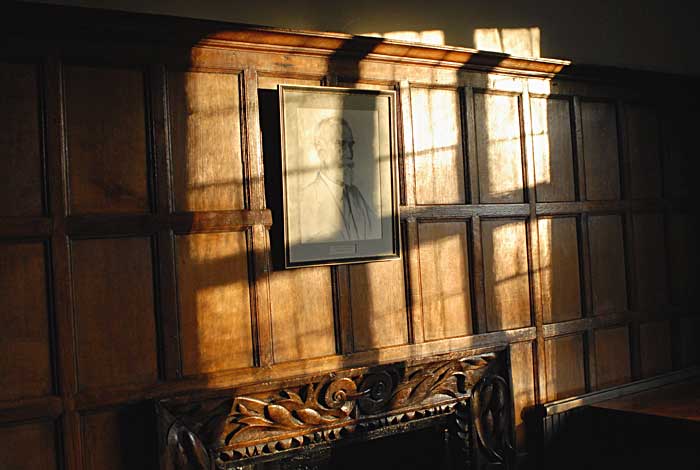Interesting CNET interview with the guru himself:
For years I used to say, “We shouldn’t have to adapt to technology, it should adapt to us.” I now believe that’s wrong. We shouldn’t have to adapt to arbitrary technology. On the other hand, so much of our modern life has been a major adaptation to the technology surrounding us, whether it’s heating systems, lights, telephone, or television.
If you’d asked me to predict texting I’d have said, “No, it’s really too hard. Jeesh, you need to type three times to get a ‘C.’ That’s ridiculous.” Not only did people learn it, but (they) learned it so well…So, there’s an adaptation for you.
Now, just as an aside, I think it has not to do with the age…I think it has to do with how you live your life…In my case, it was easy because I grew up helping develop the technology so I learned it as it was developed. For many, it suddenly sprung on them and it’s true, it’s hard to keep up.
As people, we should not care about the technology. We should care about the benefits it gives us.The issue is not how tech-savvy you are, or how quick you pick up to it. I believe these are things that often take many hours to master…You just didn’t want to spend the next 20 hours of your life mastering it. But a lot of the kids, they have that kind of time to devote to it…


